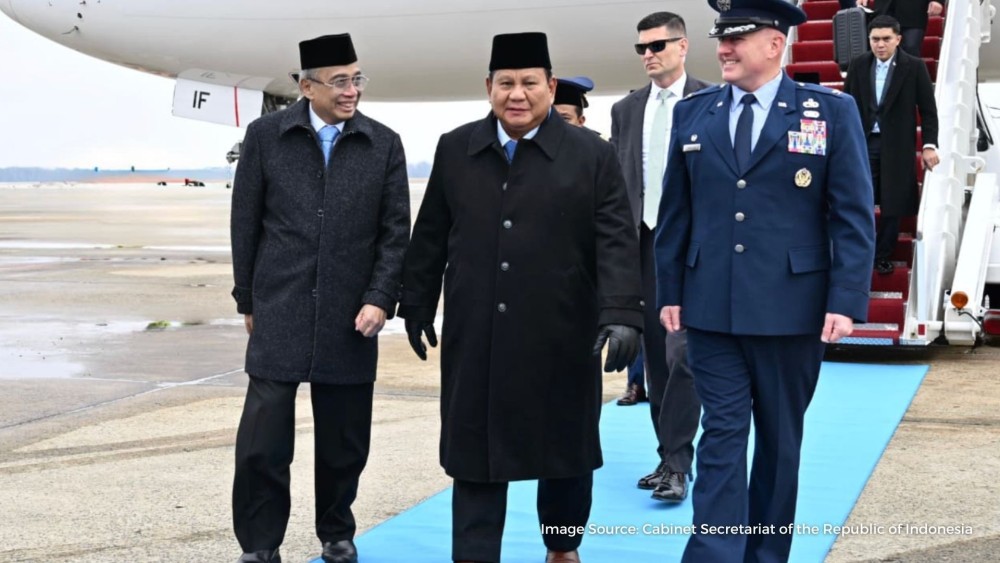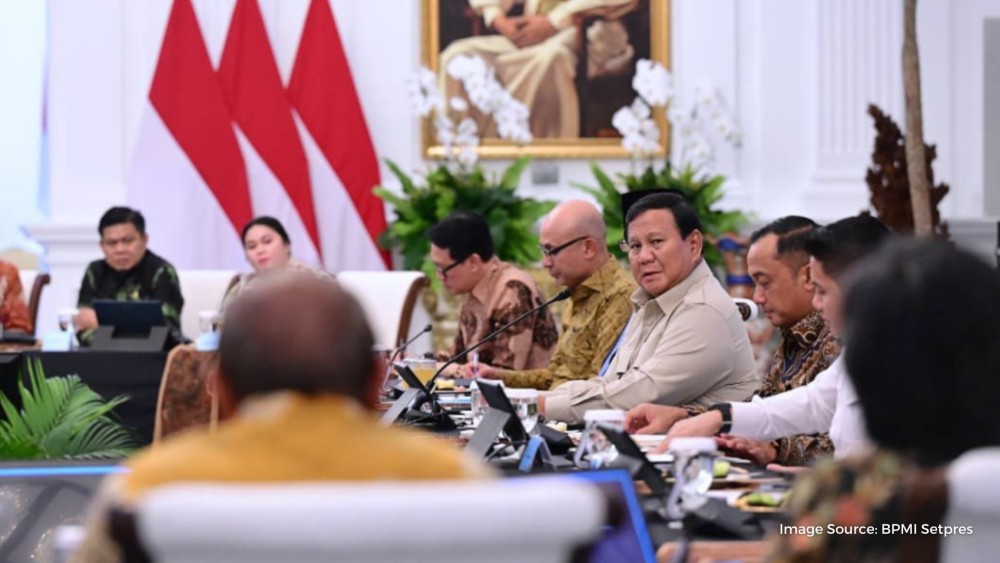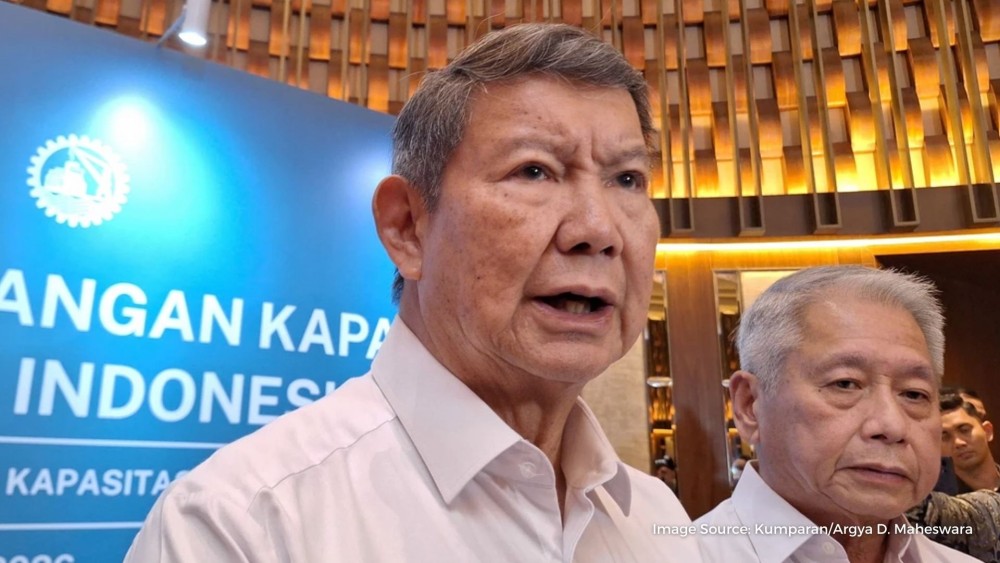Car Sales in Indonesia Decline Amid Rising EV Popularity
15 Jan 2025

ndonesia’s car sales continued their downward trend in 2024, marking a 13.9 percent year-on-year decline in wholesales, from just over 1 million units in 2023 to 865,723 units, according to the Indonesian Automotive Manufacturers Association (Gaikindo). Retail sales also dipped by 10.9 percent to 889,680 units during the same period.
The decline is attributed to weakening consumer purchasing power and rising interest rates, which impacted credit performance throughout the year. “The main reasons are weaker consumer [spending] power and rising interest rates, which affected credit performance throughout the year,” said Setia Diarta, director general at the Ministry of Industry, as quoted by The Jakarta Post
Amid the overall market contraction, electric vehicles (EVs) have shown remarkable growth. EV sales more than doubled, surging 153 percent year-on-year to reach 43,188 units in 2024, capturing 5 percent of the national car market. Hybrid vehicles also saw an increase, with sales totaling 59,903 units, representing 6.9 percent of the market. Combined, EVs and hybrids now account for 12 percent of total car sales, Gaikindo data reveal.
“We do not set specific sales targets for hybrid and EVs but expect their growth to depend on more brand options and government support for the transition to EVs,” said Gaikindo Secretary-General Kukuh Kumara. Local EV sales were bolstered by government incentives, including VAT exemptions for completely knocked-down (CKD) EVs and luxury tax waivers for completely built-up (CBU) EV imports.
Despite the rise in EV sales, the automotive industry remains challenged by stagnating new car sales. The average price of cars in Indonesia has risen by 7.5 percent annually, while middle-class incomes have grown by only 3 percent, according to Gaikindo. “GDP per capita growth can’t keep up with rising car prices,” Kukuh noted, emphasizing the growing preference for second-hand vehicles.
Gaikindo has set a modest target of 900,000 new car sales for 2025, with flexibility for adjustments based on economic conditions. “If we remain optimistic, the sales target this year is about 900,000 units. However, if regional governments proceed with additional vehicle taxes, sales numbers could drop significantly,” Kukuh stated.
Indonesia remains Southeast Asia’s largest automotive market, accounting for 31 percent of the region’s sales.






